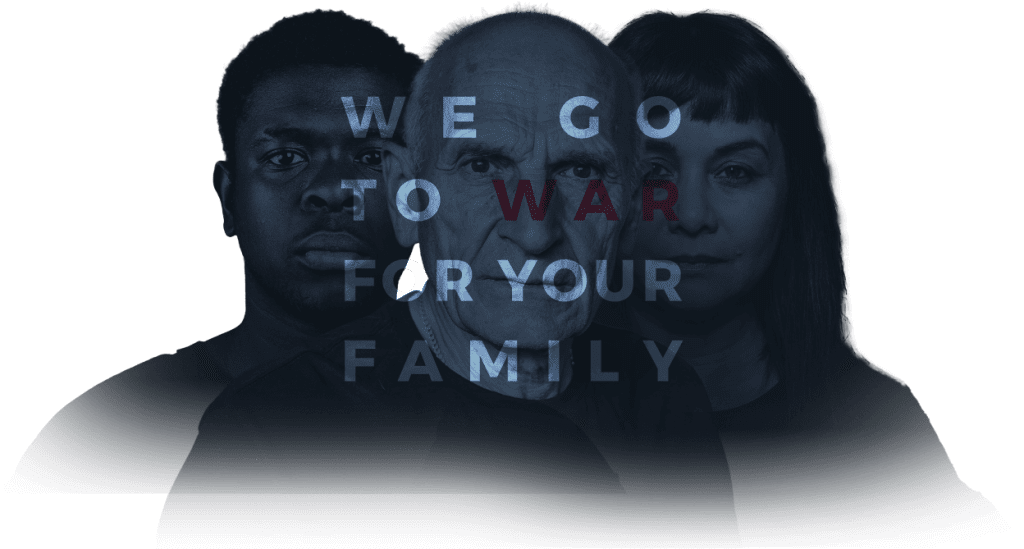Intersections are vital parts of our road network, allowing traffic to flow efficiently. But they can also be dangerous. In fact, according to the National Highway Traffic Safety Administration (NHTSA), nearly 50% of all accidents causing injuries in the country occur at intersections. If you have been involved in an accident at an intersection in Massachusetts, understanding the leading causes can be helpful. Let us look at the most common reasons behind intersection accidents in Massachusetts.

Distracted Driving
One of the top causes of intersection accidents is distracted driving. Drivers who are not fully focused on the road around them can easily miss traffic signals, stop signs, or crossing vehicles and pedestrians. Even a glance at a phone or other distraction can have catastrophic consequences at an intersection.
Distractions like texting, eating, adjusting music, or attending to children are extremely hazardous when approaching an intersection. Massachusetts has banned the use of handheld devices by drivers, but distracted driving remains a major problem. Drivers must make a concerted effort to avoid all distractions, especially near intersections.
Running Red Lights and Stop Signs
According to the National Highway Traffic Safety Administration (NHTSA), a staggering number of intersection accidents – nearly half – involve drivers failing to yield the right of way by disregarding traffic signals. This includes running red lights entirely or misjudging a yellow light.
In Massachusetts, running a red light is a serious offense. A first offense carries a fine of $100 to $250, points on your license, and potentially an insurance surcharge. Repeat offenses can lead to license suspension and even criminal charges. Similarly, failing to stop at a stop sign is a violation with fines and potential license consequences.
Speeding
Along with distracted and reckless driving, speeding causes many intersection crashes in Massachusetts. The higher the speed, the more distance is required to safely stop for obstacles, signals, and crossing traffic.
When entering an intersection at excessive speeds, drivers have much less time to react appropriately and get stopped. High speeds also mean greater force if a collision does occur. Even driving 5-10 mph over the limit can significantly increase accident risks at intersections.
Impaired Driving
Driving under the influence of alcohol or drugs severely impairs essential skills like reaction time, judgment, and visual focus. For both legal and illegal substances, intoxicated motorists struggle to navigate intersections safely.
Alcohol and drugs hamper drivers’ ability to properly monitor intersection signals, yield right-of-way correctly, maintain control, and respond quickly to emerging hazards. Drunk or drugged driving accounts for many serious intersection crashes due to these deficits.
Turning Errors
Improper turns are another frequent cause of intersection collisions in Massachusetts. These occur when motorists misjudge gaps in oncoming traffic, fail to check blind spots, or simply make illegal turns.
Left turns are particularly problematic as drivers must monitor multiple lanes of cross-traffic and pedestrians at once. But right turn errors, like cutting corners too sharply, cause many accidents as well. Extreme caution and solid observational skills are required for safe intersection turns.
Night Driving
Visibility challenges make navigating intersections at night harder than during daytime. Limited sight lines and driver fatigue contribute to many nighttime intersection crashes.
Drivers can easily miss traffic signals, crossing vehicles, or pedestrians that blend into the darkness. Furthermore, drunk and impaired driving spikes in evening hours. Using extra vigilance at night intersection approaches is wise.
Tailgating
Following too closely behind other vehicles, known as tailgating, boosts intersection accident risks. When the car in front needs to brake suddenly for a signal or crossing traffic, tailgaters lack sufficient stopping distance.
Even a brief moment of inattention means rear-ending the vehicle ahead. Tailgating leaves no room for error at intersections. Maintaining ample following distance gives drivers the space to brake safely when needed.
Massachusetts Intersection Safety
Keeping these primary causes of intersection collisions in mind is vital for all drivers. Always remain attentive, obey signals/signs, moderate speeds, drive sober, execute turns with precision, use caution at night, and avoid tailgating.
Intersections require drivers’ utmost care and focus behind the wheel. Even a momentary lapse can result in tragedy when crossing paths with other motorists and pedestrians. Practice defensive driving at all intersection approaches.
Trust the Services of Experienced Accident Attorneys
If you have sustained injuries in an intersection accident, do not hesitate to contact the skilled legal team at Altman Nussbaum Shunnarah. Our attorneys have extensive experience handling complex auto accident cases across Massachusetts. We fight tirelessly to secure the compensation our clients deserve after preventable collisions. Call us today for a consultation.




